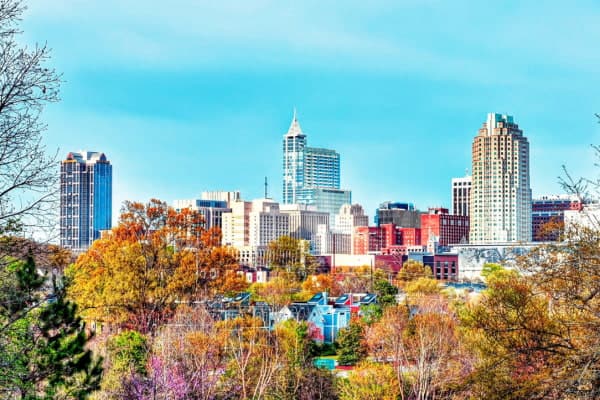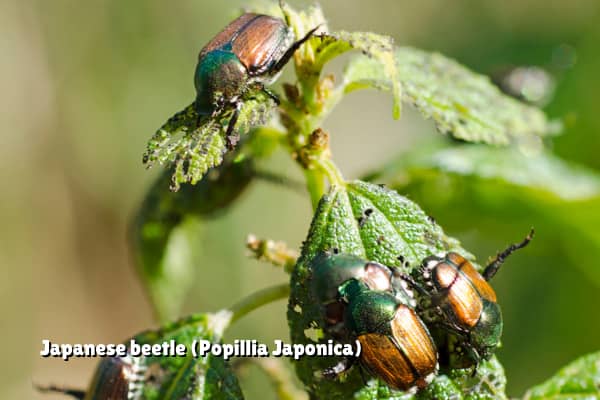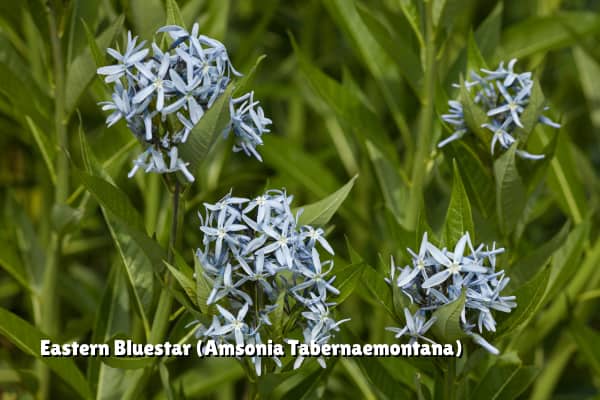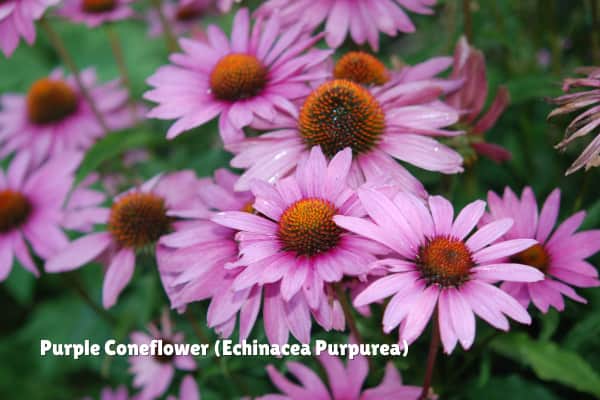Raleigh, North Carolina, is a city known for its thriving urban and suburban areas, where the importance of landscaping cannot be overstated. From enhancing curb appeal to creating inviting outdoor spaces, landscaping plays a crucial role in both residential and commercial properties. However, the unique challenges of Raleigh's environment require careful consideration and planning for successful landscaping in Raleigh and the Triangle region.

Climate and Weather
Raleigh experiences a climate characterized by hot and humid summers and relatively mild winters. While this climate can create a lush and vibrant landscape during the growing season, it also poses challenges. The extreme temperatures and high humidity levels can take a toll on plants, causing stress and susceptibility to diseases. To combat these issues, it's crucial to select plants, trees, and shrubs that can thrive in this climate. Native and drought-resistant species are often excellent choices, as they have evolved to withstand Raleigh's weather patterns.
Soil Composition
The soil composition in Raleigh varies, with clay and loam being prevalent types. However, the presence of clay-heavy soil can be problematic for landscaping efforts. Clay soil tends to retain water and can lead to poor drainage and root compaction, which can suffocate plants. To address this challenge, consider soil testing and amending your soil with organic matter to improve its quality and promote healthy root growth.
Pest and Disease Management
Landscapers in Raleigh face an ongoing battle when it comes to managing pests and diseases that can wreak havoc on plants and trees. Among the most common pests, white grubs, such as the Japanese beetle (Popillia japonica), are a significant threat. These voracious larvae feed on the roots of grasses and other plants, causing damage that can result in brown, patchy lawns and weakened vegetation. Additionally, fungal infections like powdery mildew and leaf spot diseases thrive in the warm, humid climate of Raleigh, targeting various plant species and leaving behind unsightly blemishes and potential long-term harm.
To safeguard your landscape from these pests and diseases, it's essential to implement preventative measures and stay vigilant:
Regular Inspections
Regularly inspecting your plants and trees is a crucial step in early pest and disease detection. Look for signs such as chewed leaves, wilting, discoloration, or unusual growth patterns. By identifying problems early, you can take action before they escalate.
Japanese Beetle Control
To combat the destructive Japanese beetle and its larvae (white grubs), consider employing organic pest control methods. One option is the use of beneficial nematodes, microscopic organisms that target and eliminate white grubs while posing no threat to humans, pets, or beneficial insects. Traps, both pheromone-based and manual, can also help reduce Japanese beetle populations.

Fungal Disease Prevention
To prevent fungal diseases like powdery mildew and leaf spot, adopt practices that reduce moisture levels around your plants. This includes watering plants at their base rather than overhead, ensuring proper spacing between plants for adequate air circulation, and avoiding overcrowding in your garden beds.
Pruning and Trimming
Regularly pruning and trimming your plants can also help mitigate the spread of diseases. Remove infected or damaged branches promptly to prevent the disease from spreading to healthy parts of the plant.
Water Management
Raleigh occasionally experiences drought conditions, making water management a top priority. To conserve water and maintain healthy landscapes, consider installing efficient irrigation systems that can adjust to changing weather conditions. Xeriscaping, a landscaping approach that emphasizes drought-tolerant plants and minimal water usage, is also gaining popularity in Raleigh as a sustainable solution.
Mulching is another effective strategy for retaining moisture in the soil and reducing water consumption. By applying a layer of mulch to your landscape, you can help regulate soil temperature, prevent weed growth, and conserve moisture during hot, dry spells.
Native and Drought-Tolerant Plant Selection
Selecting the right plants for your Raleigh landscape is crucial, and native species offer a compelling solution. Native plants are inherently adapted to the local environment, making them exceptionally well-suited for Raleigh's unique climate and soil conditions. These plants not only thrive in the Raleigh climate but also support local wildlife and contribute to a more sustainable landscape.

One excellent choice is the Eastern Bluestar (Amsonia tabernaemontana), a striking native perennial known for its delicate blue star-shaped flowers and vibrant fall foliage. Its adaptability to Raleigh's clay-rich soil and resistance to pests and diseases make it an attractive addition to any landscape.
Additionally, the Eastern Red Columbine (Aquilegia canadensis) is a charming native wildflower that not only adds a pop of red and yellow to your garden but also attracts pollinators like hummingbirds and butterflies. It thrives in Raleigh's climate and contributes to the local ecosystem.

Another remarkable option for your Raleigh landscape is the Purple Coneflower (Echinacea purpurea). This native perennial is celebrated for its resilience and unique features that make it a standout choice for your garden.
The Purple Coneflower thrives on occasional drought conditions. Its deep taproot allows it to access moisture deep within the soil, making it a resilient choice for maintaining your garden's vibrancy during dry spells. Their vibrant, daisy-like blossoms, with their prominent, spiky centers, act as a magnet for pollinators such as bees, butterflies, and even hummingbirds.
Another advantage of Purple Coneflowers is their extended blooming period. These resilient plants provide a burst of color from late spring through summer and often into early fall. This extended flowering season ensures that your landscape remains vibrant and inviting throughout the growing season, adding to the beauty and appeal of your outdoor space.
While the classic Purple Coneflower is stunning in its own right, there are also cultivars available in various colors, including shades of pink, white, and orange. This diversity allows you to create captivating color combinations in your landscape design.
Insects play a crucial role in pollination and maintaining the ecological balance of your garden and the local ecosystem of your neighborhood. By including more native species in your landscape, you're essentially fostering a thriving ecosystem that supports local wildlife and contributes to the overall health of your garden. Incorporating these native plants into your landscaping designs will not only reduce water consumption and maintenance but also enhance the ecological diversity of your outdoor space, creating a more sustainable and vibrant Raleigh landscape.
Local Regulations and Guidelines
Before embarking on any landscaping project in Raleigh, it's essential to be aware of and adhere to local regulations and guidelines. Raleigh may have specific requirements regarding landscape design, tree preservation, and stormwater management. Failing to comply with these regulations can lead to costly fines and delays in your project.
Maintenance Challenges
Maintaining your Raleigh landscape is an ongoing commitment. Regular pruning, mowing, and fertilization are necessary tasks to keep your landscape healthy and thriving. If you're not confident in your landscaping skills or lack the time to maintain your property adequately, consider hiring professional landscapers who are familiar with Raleigh's unique challenges and can provide expert care.
Landscaping in Raleigh
Landscaping in Raleigh, NC, presents unique challenges due to the city's climate, soil composition, and pest and disease pressures. However, with careful planning, native plant selections, water-efficient strategies, and compliance with local regulations, these challenges can be overcome. The rewards of creating a vibrant and sustainable landscape in Raleigh are well worth the effort, providing beauty and enjoyment for years to come.
Contact a Local Raleigh Landscaping Company
If you're planning a landscape design project in Raleigh or have experiences to share, we'd love to hear from you. Share your thoughts, questions, or success stories via our contact form. For professional landscaping advice and assistance, don't hesitate to reach out to the experts at Terra Vista Landscape Management, who understand Raleigh's unique landscaping challenges.
We've been serving and educating homeowners and businesses in the Raleigh area for over 20 years. We can bring life to your outdoor space without requiring you to spend every weekend trying to maintain it. When you're ready, give us a call at 984.960.6714